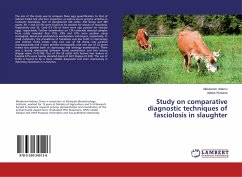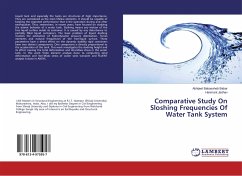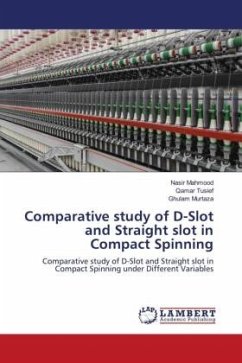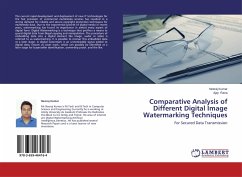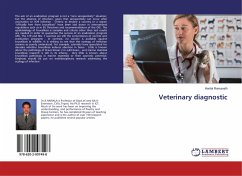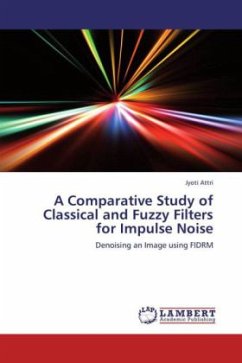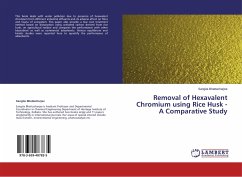The aim of this study was to compare fluke egg quantification to that of indirect ELISA test and liver inspection as well as serum enzyme activities in ruminant fasciolosis. Out of slaughtered 324 cattle, 350 sheep and 385 goats, 39, 1 and 0.5 (%) were found to be positive for lesions of fasciolosis, respectively and 33, 1and 0.5 (%) of them were also positive for fasciola eggs, respectively. Further examination on 134 randomly selected samples from cattle revealed that 75%, 29% and 41% were positive using serological, faecal and postmortem examination techniques, respectively. In small ruminants, the prevalence of fasciolosis was low both in coproscopy and indirect ELISA testes: only one out of 68 sheep was positive coproscopically and 3 were positive serologically; and one out of 22 goats tested was positive both at coproscopy and serology examinations. There was a strong relationship between faecal examination and liver lesions (Kappa value, P=0.758). Out of the 54 cattle withknown liver lesions of fasciola 61% were having elevated levels of GGT (Kappa=0.332). The use of ELISA is found to be a more reliable diagnostic test than coproscopy in detecting fasciolosis in ruminants.
Bitte wählen Sie Ihr Anliegen aus.
Rechnungen
Retourenschein anfordern
Bestellstatus
Storno

